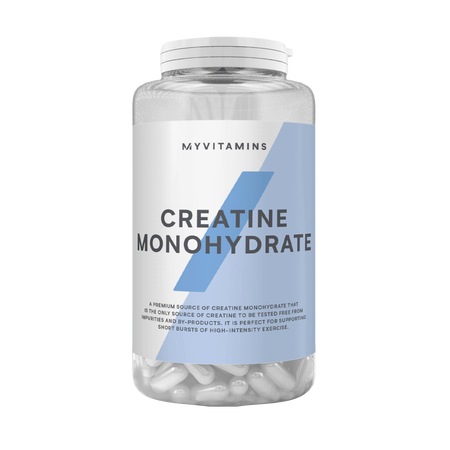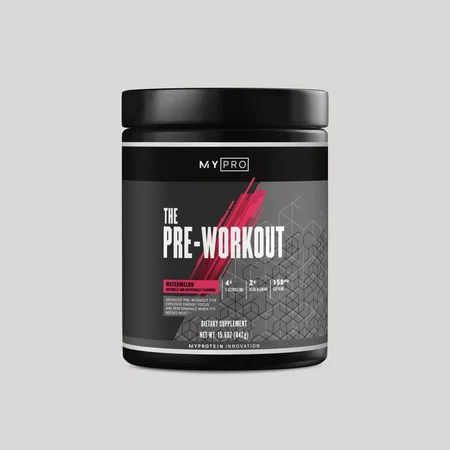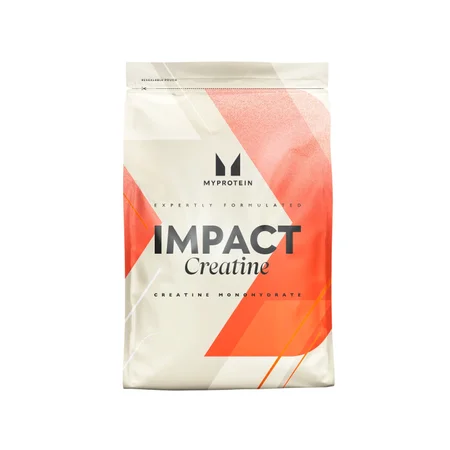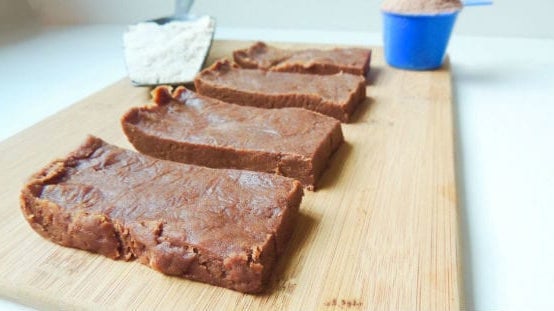Should You Supplement With Creatine or Beta Alanine?
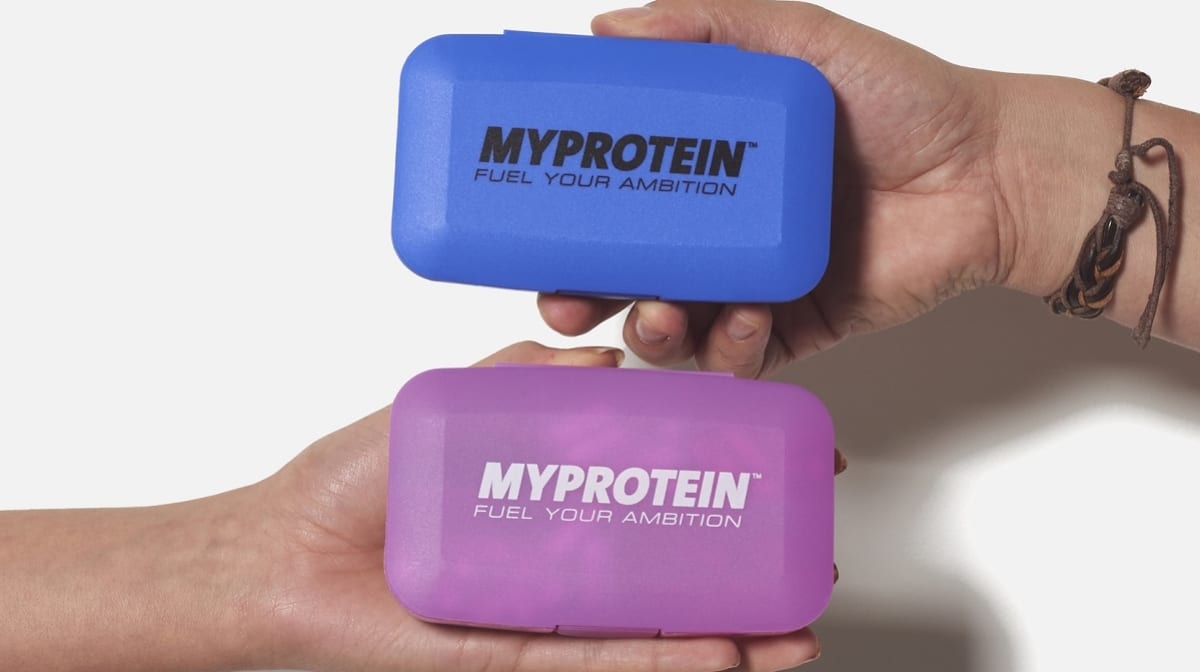
Ever since our culture has become infatuated with the athletic, strong and muscular or lean, powerful and toned look, we have been searching for the best way to get there. Since training and proper diet can only get us so far, scientists discovered how to isolate the parts of food that can help our performance synthetically. Ever since then companies have been cashing in on supplements of every variety, with some being heavily tested and others being developed on anecdotal evidence alone.
Even to this day we are discovering new molecules that can make athletes bigger, faster, and more powerful. In this article we will be discussing one of the most popular bodybuilding supplements to ever be used and somewhat newer supplement that isn't getting the love it deserves in this industry (and why you should be using both of them).

What Is Creatine and Why Should I Use It?
While creatine is made in the body and found in various foods we eat, supplementing with it will increase the amount of phosphocreatine in our body above baseline. An increased amount of phosphocreatine will elevate the amount of energy our body can produce and use in the form of ATP. An elevation in ATP will lead to faster sprints, higher jumps and stronger lifts in the gym. Of course, creatine will not give you any kind of benefits to the degree of anabolic hormones but over time the benefits of creatine will be seen in the form of improved performance and more musculature.
It is important to mention that ATP is better at improving powerful, high-intensity work in the range of 0-60 seconds or 1-10 reps. While it can still have minor benefits for endurance athletes ranging from increased mental performance and bone strength, the power output will be limited (most professional endurance athletes still supplement with creatine though).
What is Beta Alanine and Why Should I Use It?
Beta alanine is a lot like creatine. Coming onto the bodybuilding scene a bit later, this supplement was also not accepted at first. It wasn't until studies came out proving its benefits that bodybuilders and athletes of all types began to use it religiously. If you don't think you’ve ever used beta alanine but you’ve taken pre-workout that made your fingers tingle, you have indeed taken it (but usually not with a clinically effective dose, but we will talk about how much you should take later). This sensation known as paresthesia is harmless and is usually what lifters use as a judge to see if their pre-workout is working.
When taken, beta alanine is covered into carnosine (not to be confused with L-carnitine, a completely different supplement) in the body, a molecule that acts as a lactic acid buffer that will decrease fatigue and increase performance. Whenever you feel the burn during a lift or a cramp in your side during cardio, this is lactic acid building up and buffering this issue with beta alanine will help you push further and harder. Since most individuals will not have a large amount of lactic acid built up during low rep bench press or short sprint intervals, beta alanine is most effective at a later point in a workout.
Between 60-240 seconds of exercise or 10-50 reps will produce the most lactic acid and therefore will be buffered effectively when taking beta alanine, letting you perform an exercise longer until lactic acid makes it impossible to continue. Taking short rest periods between low rep work or high-intensity training will compound lactic acid and therefore will still be benefitted by beta alanine though, helping improve performance over time and even muscle mass as well.

Why You Should Take Both and How
Because these two supplements use two different pathways to suppress fatigue and increase performance (ATP for creatine and carnosine for beta alanine), there is no reason why you can't take both. In fact, taking both will give you the best of both worlds especially if you are a diverse athlete who needs to do low rep high-intensity work in the gym one day and then go out and run a few miles the next day. Failing this, both supplements are cheap, low risk, and highly benefit endurance athletes and pure strength athletes.
Taking these supplements is rather straight forward, as neither need to be taken at a certain time throughout the day (but they do need to be taken daily). Creatine can be loaded, as the power benefits can be experienced in around a week compared to a month when not loaded. To load with creatine you will need to take five grams, three to four times a day, for a week to fully saturate your body with phosphocreatine. The downside to doing this is a large amount of water retention as creatine takes water into the cells and can make you look/feel bloated for that first week.
If you choose to not load, I suggest 3-5 grams should be taken daily (depending on your weight, as a 120-pound woman might only need 3 grams while at 220-pound man will need 5), without a cycle (meaning it can be taken 365 days a year). Beta alanine is basically the same but loading with it is preached less by companies that sell it. It can be loaded the same way with the same amount but some do not enjoy the tingling feeling and can be avoided by not loading. With a slightly smaller amount needing to be taken, 2-4 grams should be taken daily (also depending on your weight), also without a cycle.
While many forms of creatine exist and a few forms of beta alanine exist, more than likely none are more effective than simple creatine monohydrate and pure beta alanine. Other forms preach a faster uptake time, faster breakdown in water and no loading phase needed, but all are untested in these claims. In the hundreds of studies done, they have all been conducted with the cheapest and simplest forms of these supplements.
If you have the extra money to spend on ethyl esters, hydrochlorides, carnosyns, etc., it will still be at least as effective as the base ingredients (possibly better but as of now no research backs up the claims), but for those who are on a tight budget it isn't worth it in this writer's opinion.
As mentioned earlier, you can take these supplements whenever you choose, as they will saturate the muscle either way and have the same effect on performance. If they are together in your pre/post workout stack, that's fine. If you want to put one into your protein shake in the morning and the other before bed that is fine as well.
All the theories stating that your insulin needs to be spiked with simple carbs to increase the amount of creatine or beta alanine going into your muscles or it should be taken around a workout since your body is more receptive to using the supplements, are complete bioscience and shouldn't be listened to seriously as no research supports these theories.

Take Home Message
That's it! All you need to know about two effective supplements that can be used synergistically to help you run longer, lift heavier and perform better in a large range of sports. Just remember that creatine helps with short, intense bursts of power, while beta alanine stops lactic acid from getting into your muscles and fatiguing you during longer, more endurance type workouts.
Also keep in mind that both can be taken together, on their own, anytime throughout the day, every day, depending on your situation. And finally that the cheapest and purest forms of these supplements (which can be found in bulk) are most likely just as effective as any more expensive forms of them. Thank you for reading to the end and always remember to supplement smarter, not harder!

